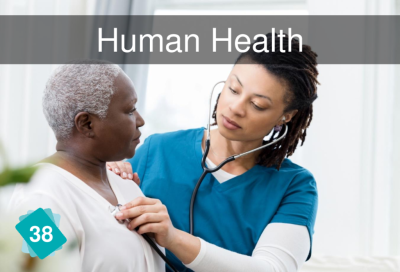En-en adult card 38 human health: Difference between revisions
(→Causes: update causes links with the FR version) |
(→Correction: move 38->31 to optional) |
||
| Line 17: | Line 17: | ||
* [[En-en_adult_card_26_river_flooding|River Flooding]] | * [[En-en_adult_card_26_river_flooding|River Flooding]] | ||
* [[En-en_adult_card_28_vectors_of_disease|Vectors of Disease]] | * [[En-en_adult_card_28_vectors_of_disease|Vectors of Disease]] | ||
* [[En-en_adult_card_34_cyclones|Cyclones]] | * [[En-en_adult_card_34_cyclones|Cyclones]] | ||
* [[En-en_adult_card_35_forest_fires|Forest Fires]] | * [[En-en_adult_card_35_forest_fires|Forest Fires]] | ||
Revision as of 07:38, 3 November 2021
Card #38: Human Health
Hunger, new vectors of disease, heatwaves and armed conflicts can have a negative effect on human health.
Explanation
This is one of the cards to be placed last, as one of the ultimate consequences of climate change.
Correction
Causes
- Aerosols
- Rising Air Temperatures
- River Flooding
- Vectors of Disease
- Cyclones
- Forest Fires
- Heatwaves
- Hunger
- Climate Refugees
- Armed Conflicts
Consequences
Other possible links
Other causes
- Rising Air Temperatures
- Heat waves Heat waves can be devastating, especially for older people and in places where air conditioning is not available.
To go further
The Sámi are an indigenous people from an area covering northern Sweden, Norway and Finland as well as the Kola Peninsula in Russia known as Lapland. The livelihoods of the Sámi are endangered by global warming[1].
The same applies to the livelihood conditions of the indigenous peoples of the Arctic Circle in Canada and Russia[2].
Increase in water-borne diseases (cholera, malaria, dengue fever, diarrhoea, hepatitis (hepatitis A and E), typhoid, some meningitis in Israel, etc.).
Increasing vulnerability to the survival of Aymara farmers in Bolivia due to the lack of freshwater resources caused by global warming[3].
